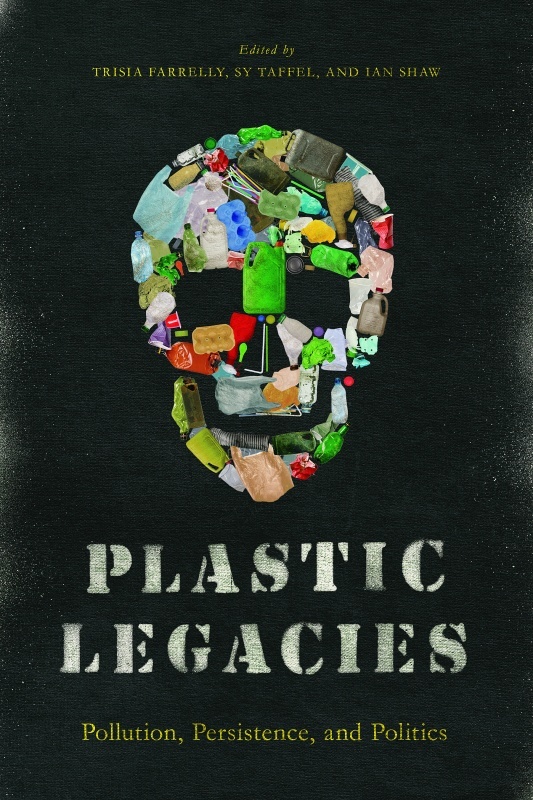Slow Violence: The Erosion of Plastic Marine Debris and of Human Health
Item
Title
Slow Violence: The Erosion of Plastic Marine Debris and of Human Health
Link
https://read.aupress.ca/read/plastic-legacies/section/0980ad9c-987f-45ca-a1fd-e285335c98be
List of Authors
Sasha L Adkins
Abstract
No one knows how long it will take plastics to degrade. Speculation about precisely how many hundreds of years a plastic straw will last under various temperature regimes is a sideshow. The plastics industry has co-opted well-founded concern about the environment and misdirected it toward facile solutions that function as alluring red herrings. No matter what colour of bin plastics are ultimately sorted into, fossil fuels were extracted to make them. Oil or gas molecules were heated until they split apart to create benzene, toluene, xylene, and the other building blocks of plastics. Before a plastic straw has even taken shape, it has already left a toxic footprint.
The full impact of this toxic footprint has yet to be realized. Some of the chemicals associated with plastics are altering the expression of DNA, not only in ourselves, but also in those yet to be born. Rob Nixon’s description of “slow violence” as “formless threats whose fatal repercussions are dispersed across space and time” seems to be a particularly apt warning (2011b, 10). Unless regulators take the full life cycles of plastics into account, as noted in Chapter 12 of this volume, efforts to forestall the serious public health and ecological consequences of disposable culture might fall short.
The full impact of this toxic footprint has yet to be realized. Some of the chemicals associated with plastics are altering the expression of DNA, not only in ourselves, but also in those yet to be born. Rob Nixon’s description of “slow violence” as “formless threats whose fatal repercussions are dispersed across space and time” seems to be a particularly apt warning (2011b, 10). Unless regulators take the full life cycles of plastics into account, as noted in Chapter 12 of this volume, efforts to forestall the serious public health and ecological consequences of disposable culture might fall short.
Date
June 30, 2021
Publication Title
Plastic Legacies: Pollution, Persistence, and Politics
Publisher
Athabasca University Press
Identifier
https://doi.org/10.15215/aupress/9781771993272.01
Bibliographic Citation
Adkins, S. “Slow Violence: The Erosion of Plastic Marine Debris and of Human Health” in Plastic Legacies, Eds. Trisia Farrelly, Sy Taffel, and Ian Shaw: Athabasca University Press, 2021. 41-57
